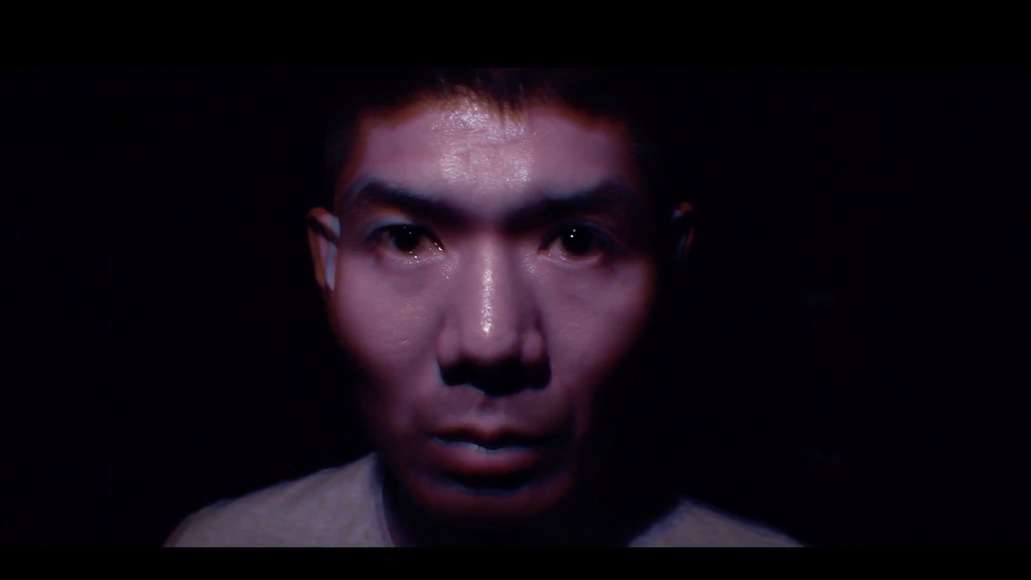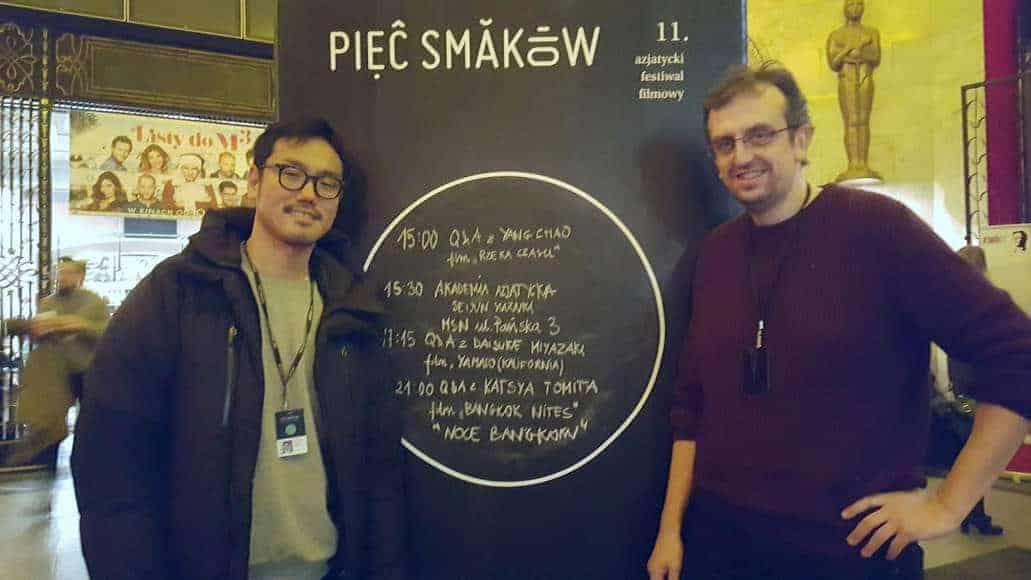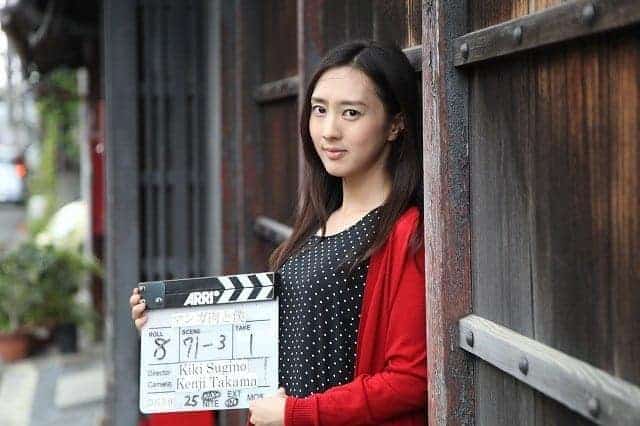15. The Anchor (Jeong Ji-yeon)
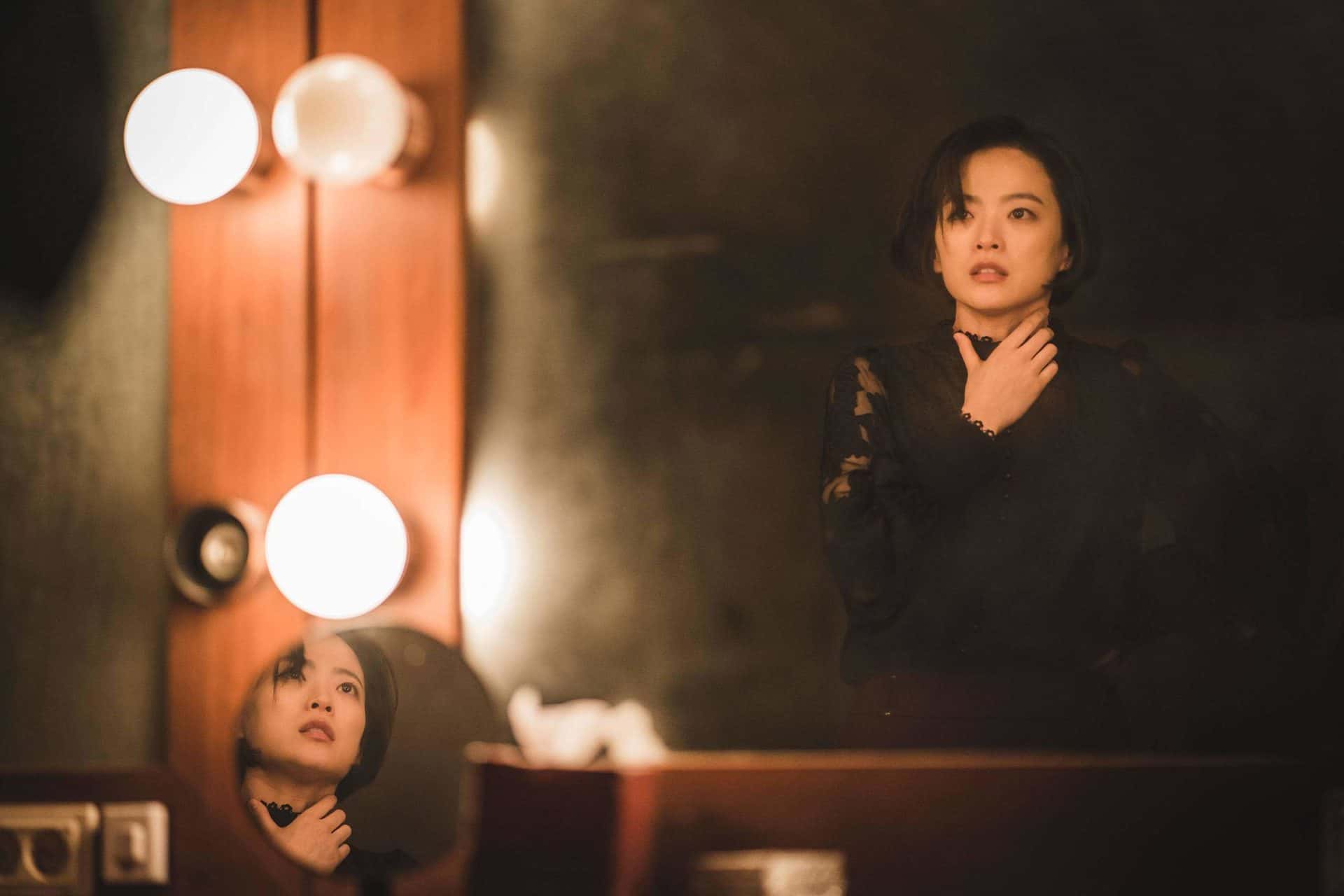
For her debut, Jeong doesn't just limit herself to one genre. Though it is primarily a psychological thriller, the narrative has elements of a mystery and horror as well. The mystery, which takes up the majority of the first half, is neatly packed and interwoven with the necessary elements to make for an engaging viewing. While not an out-and-out horror, the feature does venture into that territory with a few effective sequences, including but not limited to the visions of Mi-so that the central character gets. Jump scares are used in a couple instances, but Jeong mercifully doesn't overdo them even when she had the scope to overindulge. (Rhythm Zaveri)
14. Big Sleep (Kim Tae-hoon)
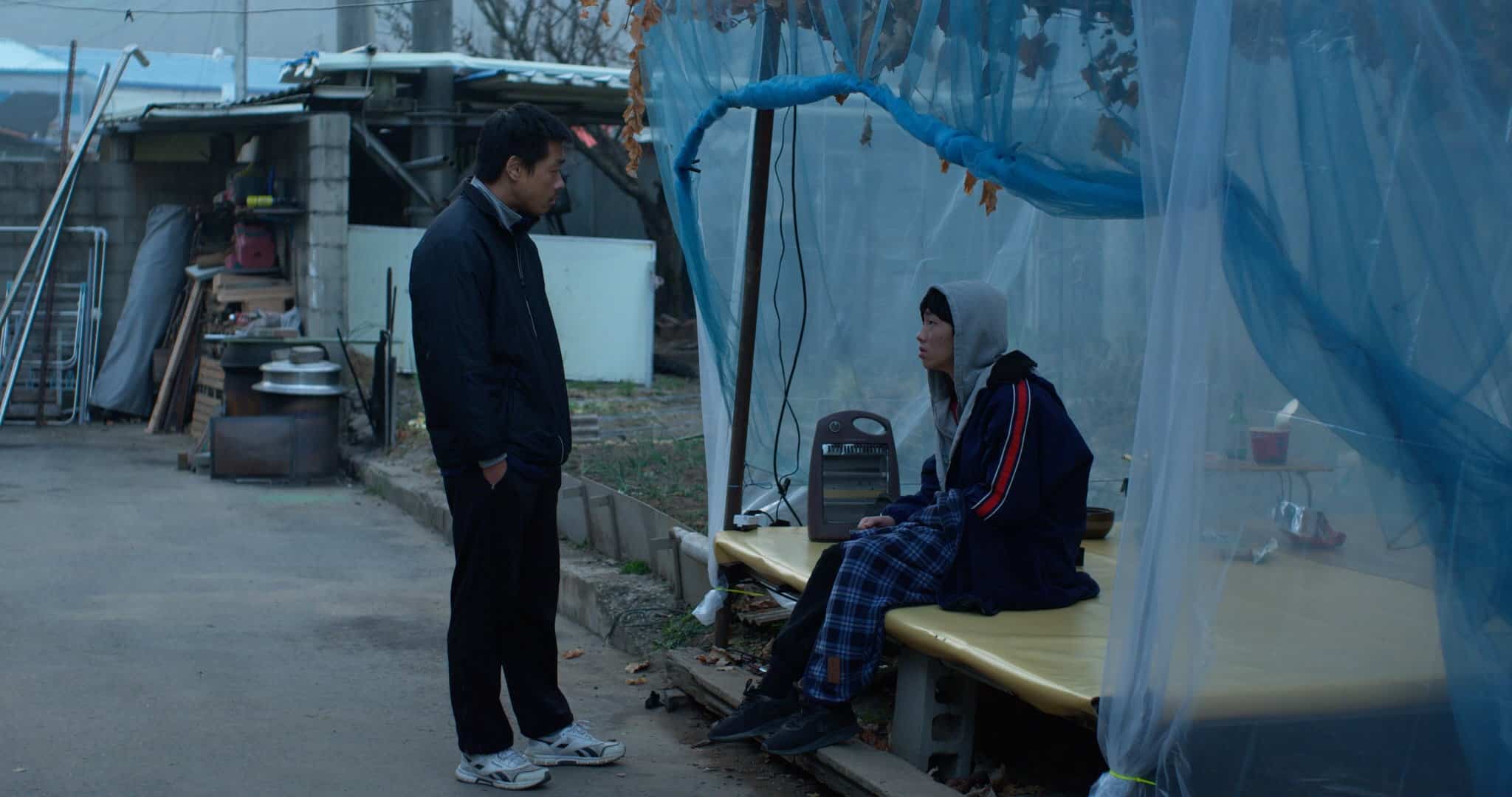
Kim Tae-hoon bases his film in the rather interesting relationship between the two men and the way it changes them, in a coming-of-age element that actually applies to both.. Probably the most appealing aspect in that regard is the fact that what joins the two is the need of Gil-ho to be taken care of by someone, and Ki-young to finally take care of someone, and also the way they pretend not to be in need of each other, with the latter part being the one that adds a bit of humor in an otherwise, pretty dark drama. The way both benefit from their relationship, with Ki-young finally finding the courage to talk to his colleague and the boy finally finding some semblance of harmony in his life, highlight the benefits of their relationship in the most eloquent way. (Panos Kotzathanasis)
13. Hail to Hell (Lim Oh-jeong)
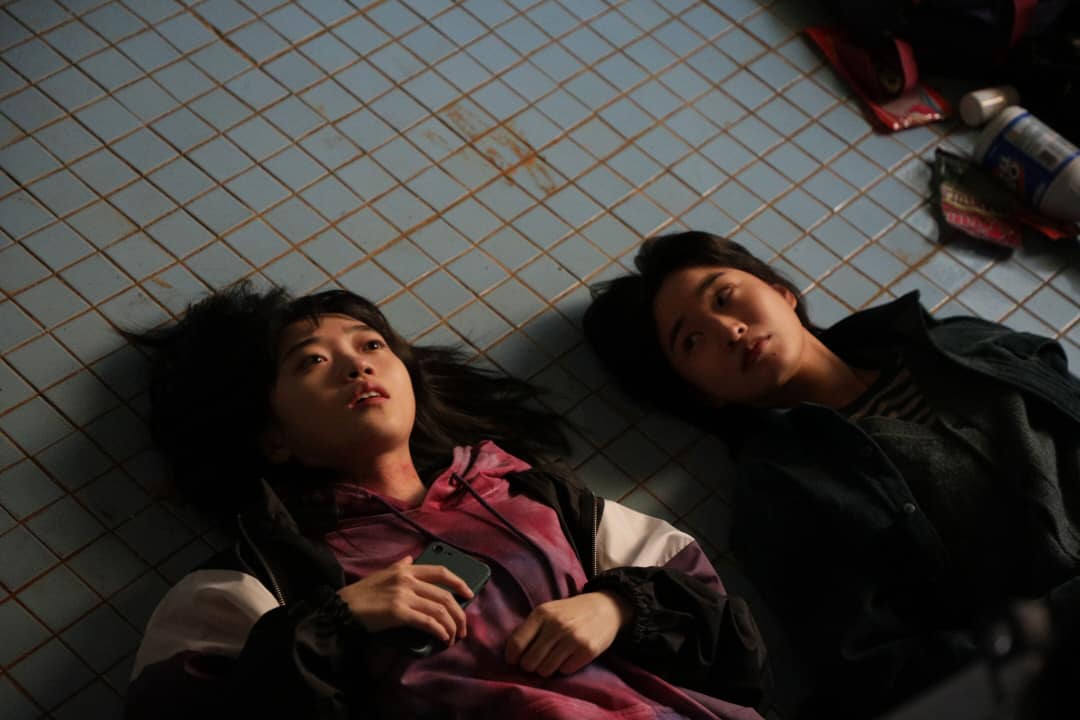
Lim takes the oft repeated subject of bullying and puts a fresh spin to it, writing and executing a narrative that is lively and with frequent moments of dry humour. The girls' journey is unpredictable and never static. Through their story, Lim talks about the nature of forgiveness and redemption, how they are connected and interchanging. This is an interesting element that works best once Chae-rin's arc also comes into play. (Rhythm Zaveri)

12. Nothing Serious (Jeong Ga-young)
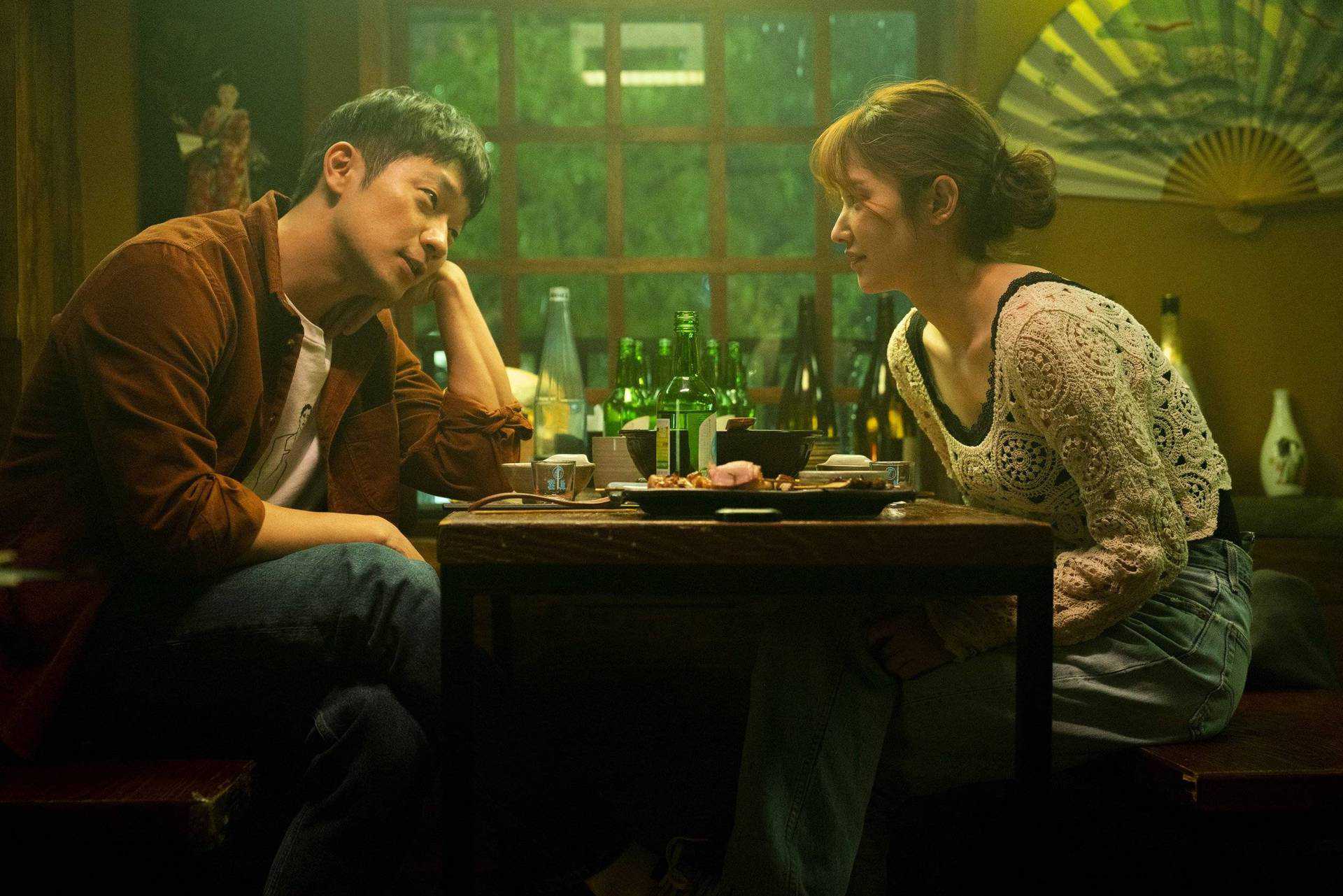
Romance has, for the most part, been an orthodox subject for South Korea's still slightly reserved society and audience, and with “Nothing Serious”, Jeong Ga-young tries to bring the genre to the modern day. Relationships here are, for the most part, about the base necessity rather than the other lovey-dovey stuff that other features of the genre have to offer. She is interested in having frank, forthcoming and often humorous conversations about sex and one-night stands, an interest which she also showcased in her debut feature “Hit the Night”. In fact, her sophomore feature bears a strong similarity to her debut, which was essentially a feature-length chat about careers and sex between Jeong playing a version of herself and an actor character, with some of the best moments here coming in the drunken exchanges revolving around sex that the lead characters have, much like in “Hit the Night”. Clearly, she thinks these are important matters that need to be discussed openly, or more accurately, matters that are being discussed openly now in Korean society, at least among the younger generations, and need cinematic representation. (Rhythm Zaveri)
11. I Want to Know Your Parents (Kim Ji-hoon)

You may be forgiven for bawling at the prospect of an intense drama film from the director who gave us disaster films like “Sector 7”, “The Tower” or “Sinkhole”, but make no mistake, “I Want to Know Your Parents” is Kim Ji-hoon's most accomplished “human” film till date. The disaster here comes in the form of a suicide attempt from one of the students at a prestigious school, who leaves behind a note naming four boys who bullied him. What follows is a fascinating narrative that is a mix of interrogation, courtroom drama and a look into the evil nature of not just the students but of their parents too, who will stop at nothing to protect their children from the punishment that is rightly due to them. Backed by a large number of excellent performances from his ensemble, led by the great Sol Kyung-gu and supporting man extraordinaire Oh Dal-su, Kim even manages to include a few twists in the tale that are sure to surprise, and even shock, some. (Rhythm Zaveri)
10. Project Wolf Hunting (Kim Hong-sun)
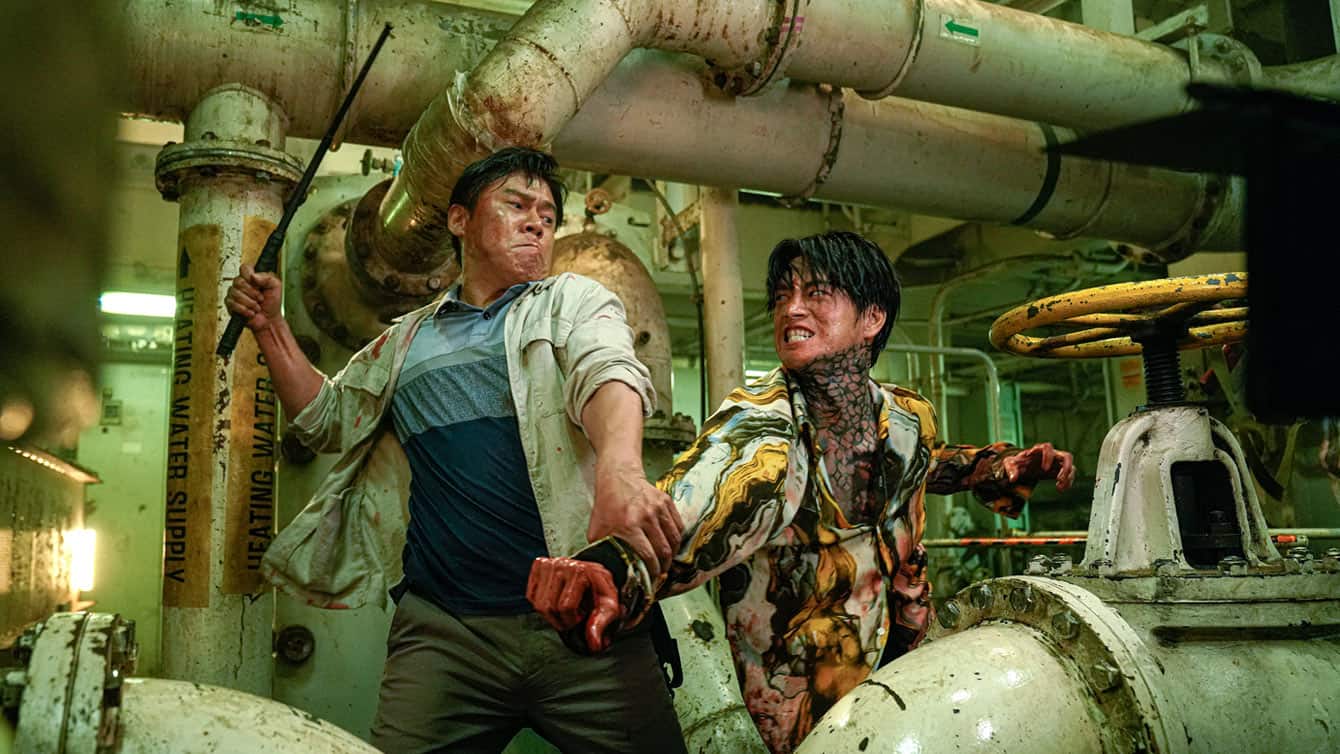
“Project Wolf Hunting” begins as an ominous slow burn; Hong-Sun sets this up nicely, introducing the guards and the inmates and consistently teasing the idea that ominous plans are lurking in the background. Yet once things pick up, they don't stop until the final seconds of the film's two-hour runtime. Regardless of whether you're a seasoned horror and thriller viewer or you're new to the game, it can be guaranteed that “Project Wolf Hunting” will keep you guessing and in a consistent state of captivation with its slow-pan shots and dark, eerie sequences. (Spencer Nafekh-Blanchette)
9. Boundary: Flaming Feminist Action (Yun Ga-hyun)
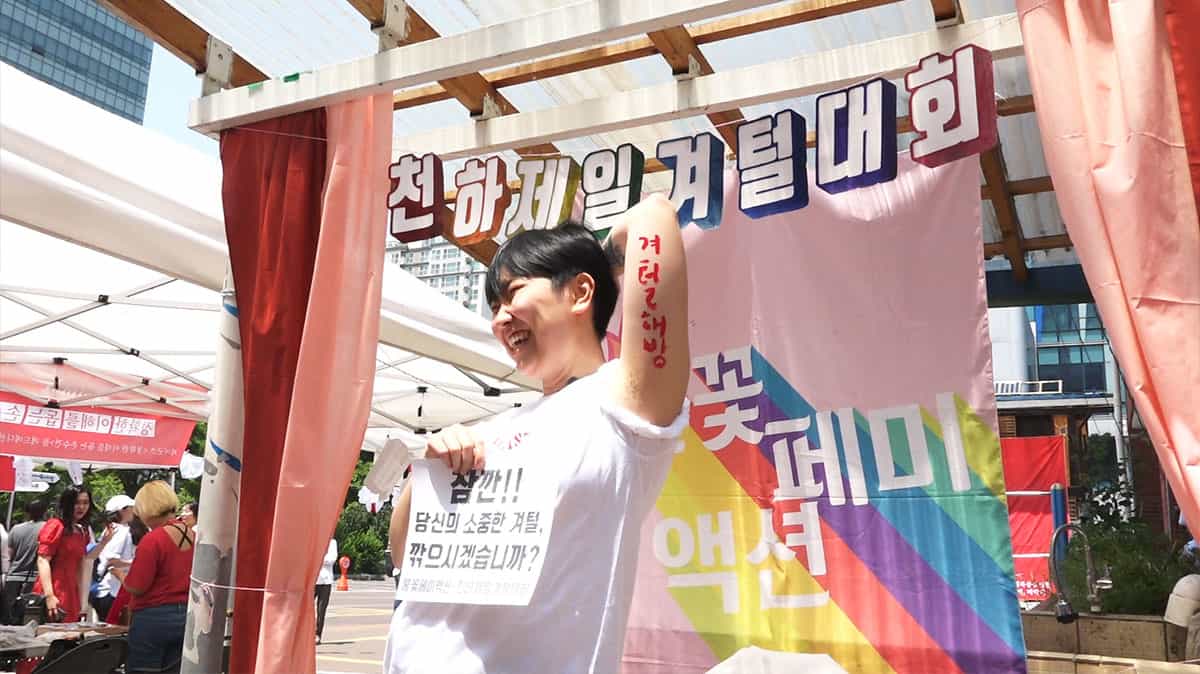
In “Boundary: Flaming Feminist Action”, Yun Ga-hyun chooses to use a pretty minimal technical palette. The majority of the movie consists of interviews with the three women who sit in front of a white background. Though each of the three is interviewed separately, it seems to be done with the other two standing behind the camera (at one point, we seem to hear the voice of one of them, and a sweet credit scene in which the three of them take photos with the director). The interviews are interspersed with footage of protests and other activities organized by them. There are also some media footage from protests, but it is not much, and it is mostly about the earliest chapters of their history. After that, the media forgets about them, except when the women organize events they considers scandalous, such as when they protest against the fetishization of the female body by showing their breasts. The media, just like most men in Korean society, objectifies them and uses them however they sees fit. (Martin Lukanov)
8. Cassiopeia (Shin Yeon-shick)

Films about terminal illness may be a dime a doze, especially in East Asian cinema, but rest assured that when Korean indie supremo Shin Yeon-shick tackles the subject, you are in for a treat! When a 30-something woman is diagnosed with Alzheimer's, it is up to her father to take care of her in this emotionally devastating film featuring two powerhouse performances from the legendary Ahn Sung-ki and Seo Hyun-jin. This one is guaranteed to leave you with a lump in your throat and a sorry pile of tissues used to wipe your tears away, while also managing to put a smile on your face with its honesty and beauty. (Rhythm Zaveri)
7. Broker (Hirokazu Koreeda)
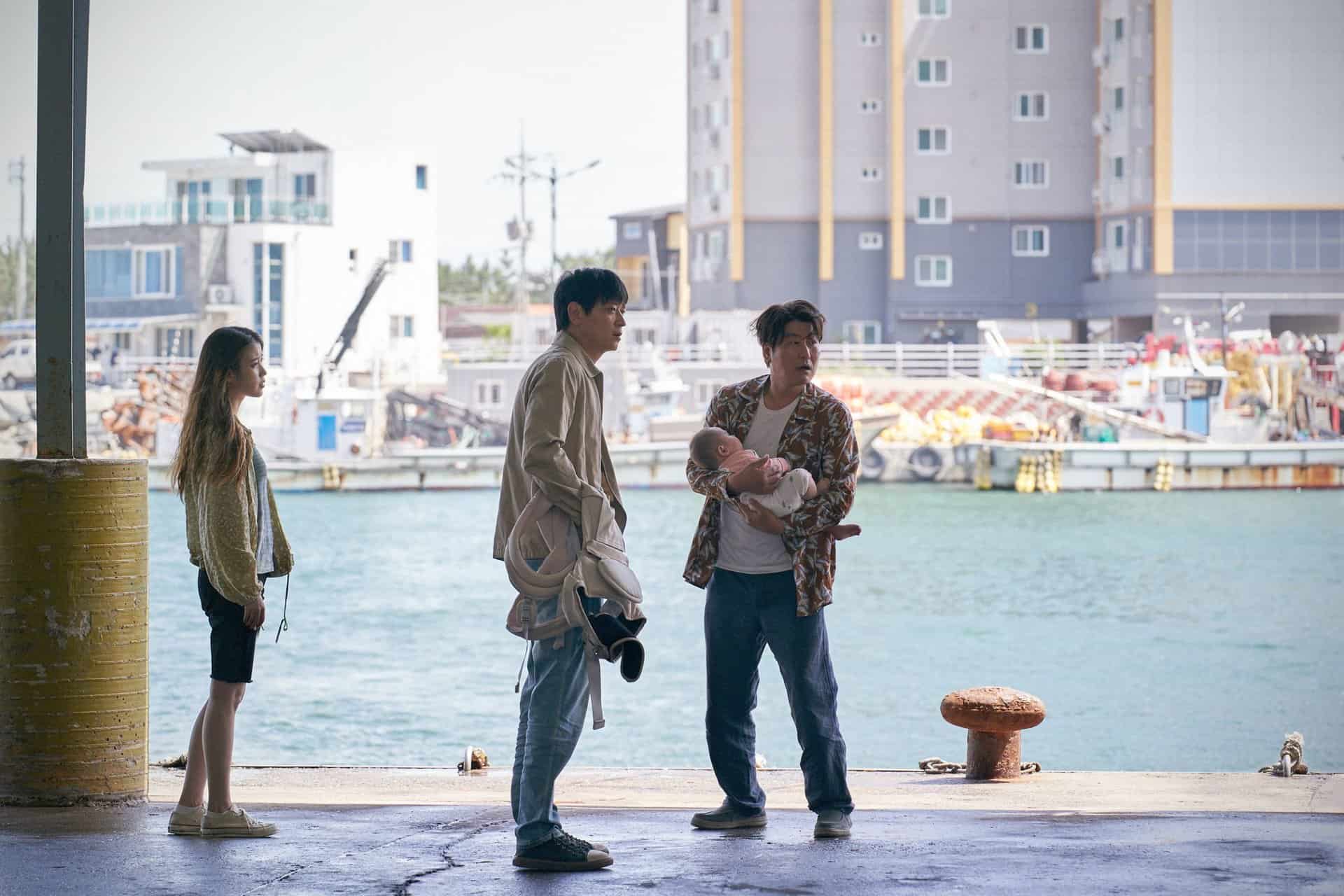
By setting up his story in South Korea, Koreeda is stepping into for him – geographically and culturally close, but not habitual territory. The country's partially catholic, and differently rooted in the patriarchal system. Guilt and regret are the main denominators of all the main protagonists, jar-opening the doors concerning questions surrounding pregnancy, motherhood and whatever comes after the physical birth of a child in case that a woman is not ready for motherhood. So-Young (Lee Ji-eun) is such a case, and we see her in the opening scene of the film (as much as the bucketing rain permits) depositing her infant boy Woo-sung in front of the baby box under the observant eyes of two policewomen – Su-jin (Doona Bae) and Lee (Lee Joo-young), whose task is to bring children trafficking to a halt. (Marina Richter)
Buy This Title
on Amazon by clicking on the image below
6. The Roundup (Lee Sang-yong)
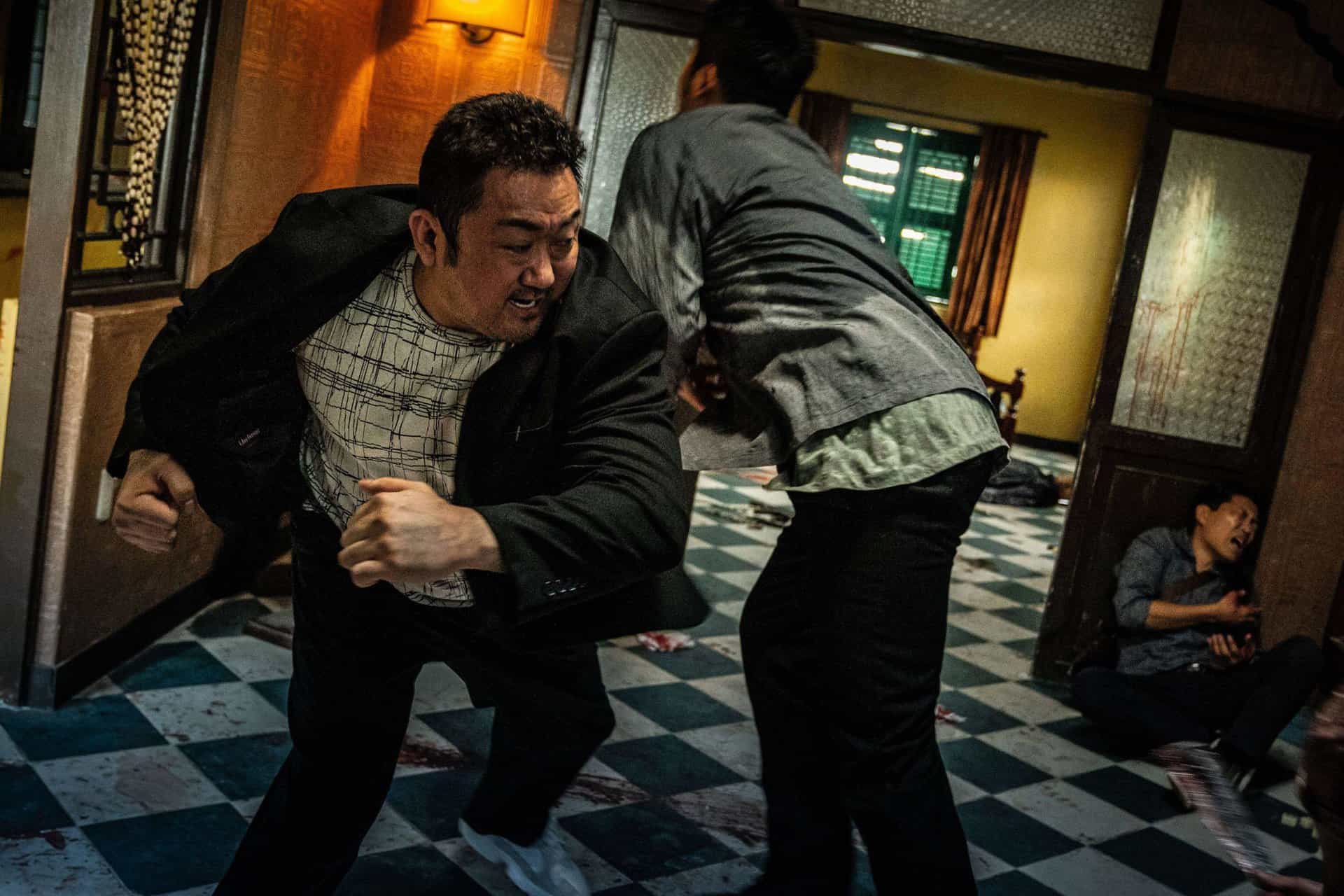
With original writer/director Kang Yoon-seok deciding to sit this one out, the responsibility of making this sequel, with Kang's blessings, fell on the shoulders of first-time director Lee Sang-yong, who's served as assistant director not only on “The Outlaws” and Kang's “Long Live the King”, but also on works by Lee Yoon-ki and Lee Joon-ik. As such, “The Roundup” ends up being a prime example of how a sequel to a popular title should be executed. The script, written by Kim Min-sung, understands the strengths of the first one and doubles up on almost all of them. The humor, which was sporadic but always hit the mark in the previous entry, is far more regular and just as effective here. To achieve this, the script also acknowledges that in addition to the hilarity that Ma Dong-seok's physicality and awkwardness brought to the proceedings, a large part of the humor was also thanks to the other members of his team and gives them ample time to shine, particularly captain Jeon Il-man. (Rhythm Zaveri)







